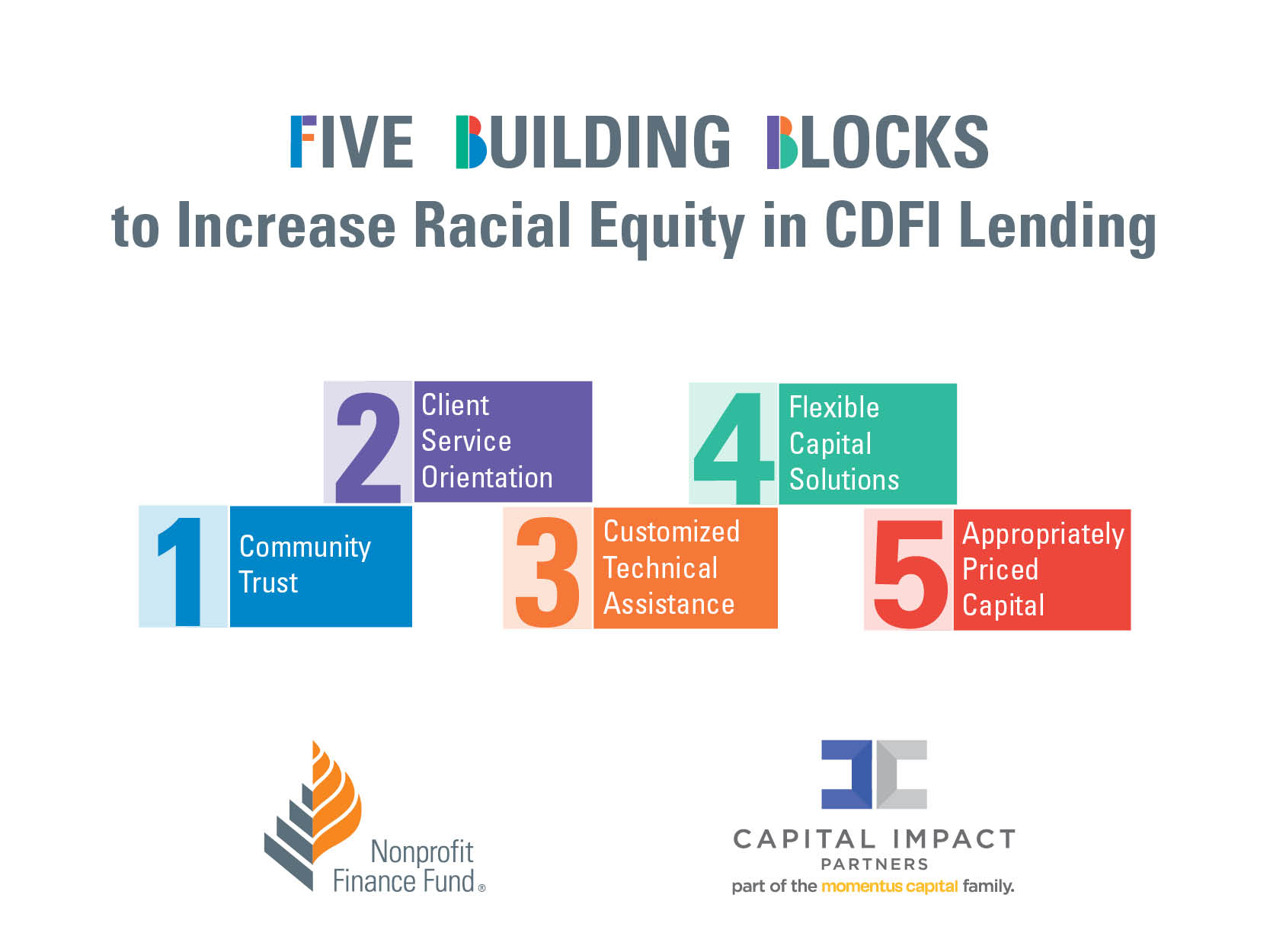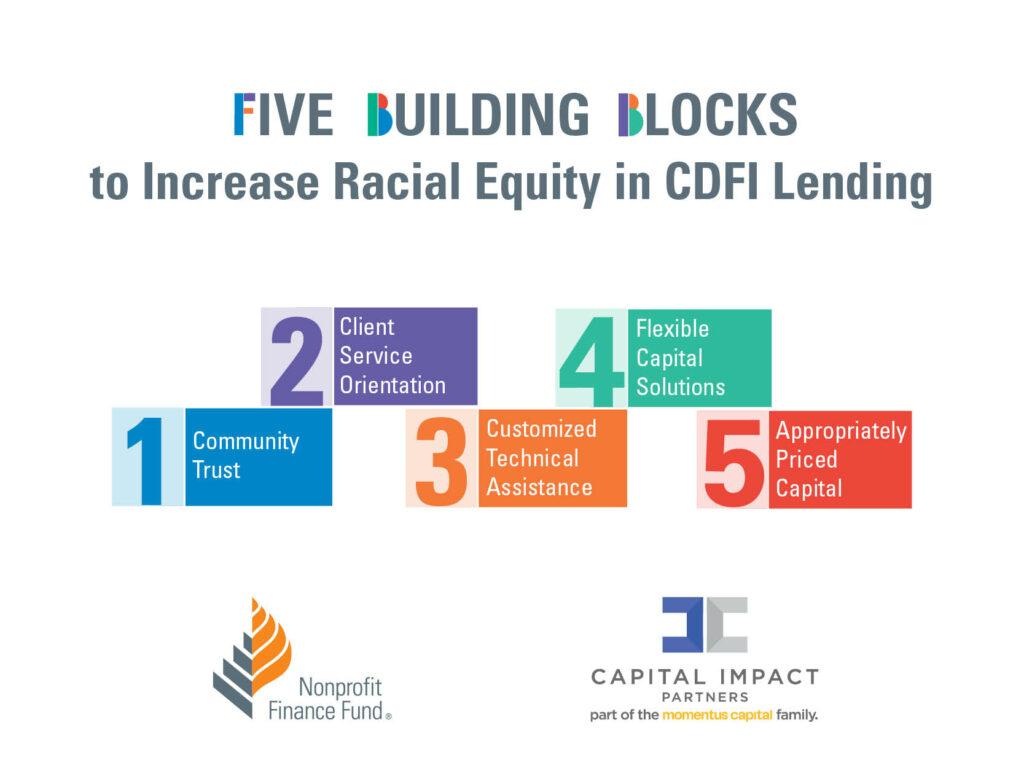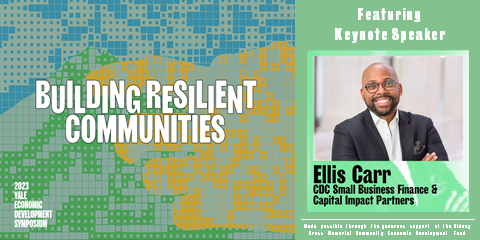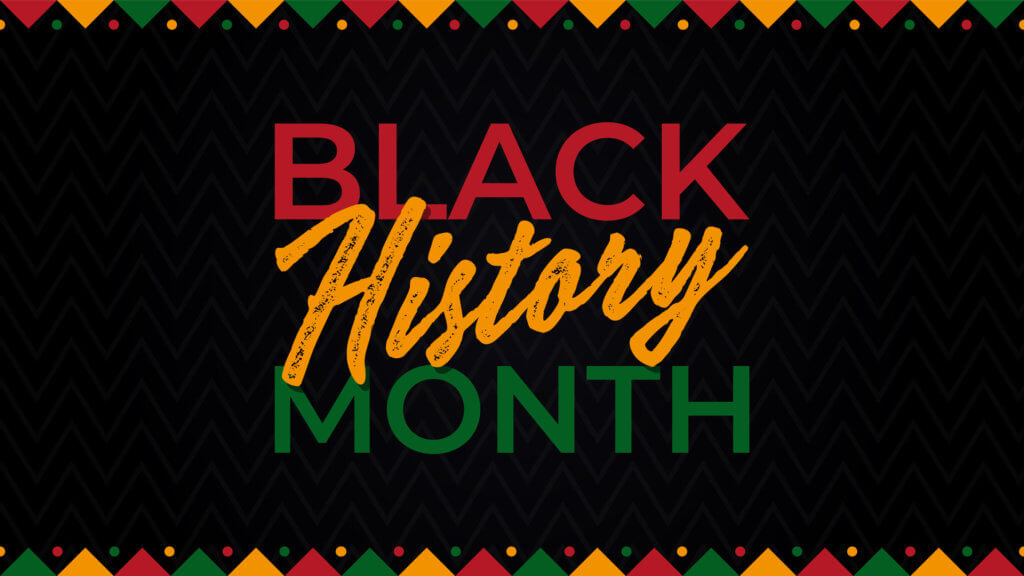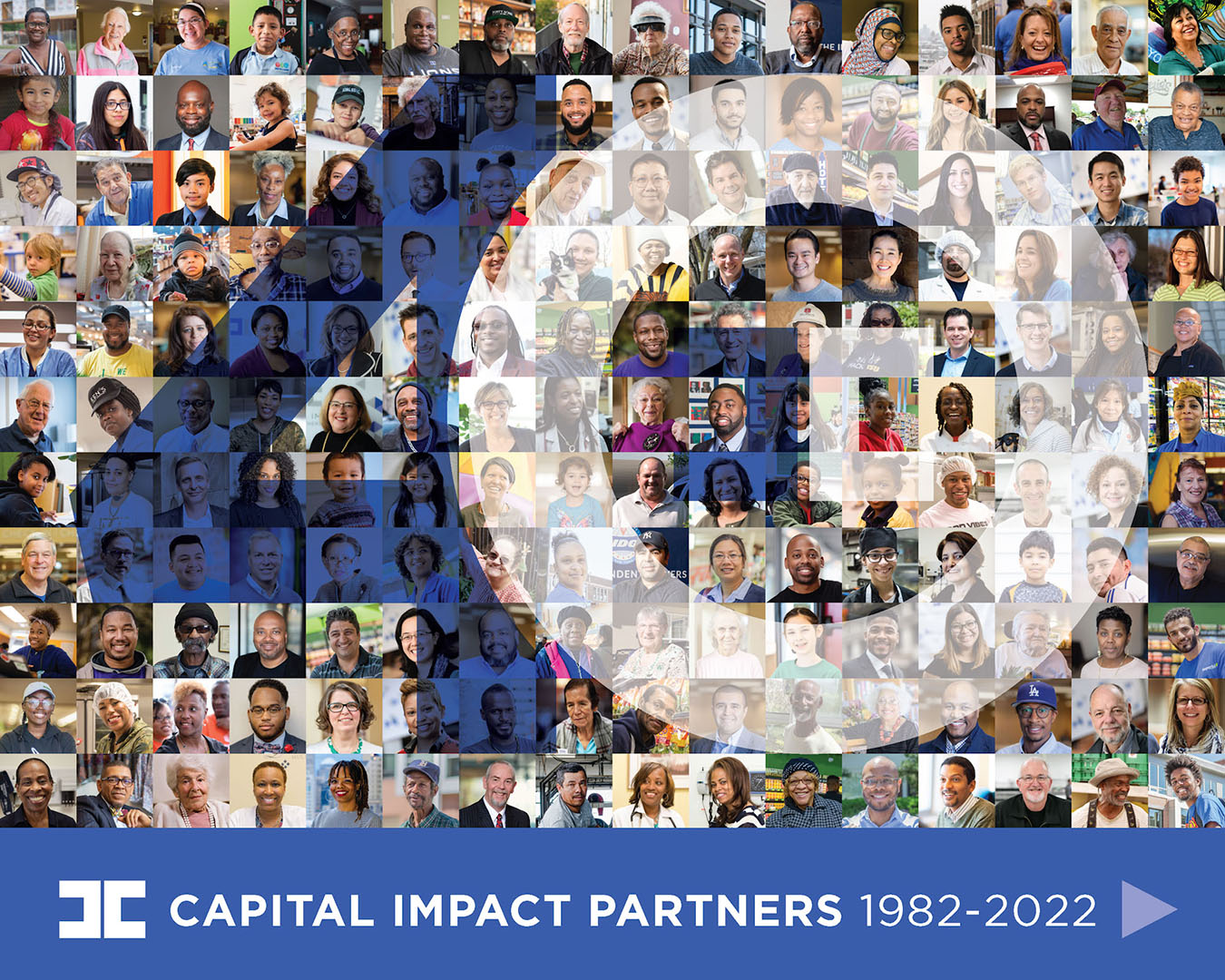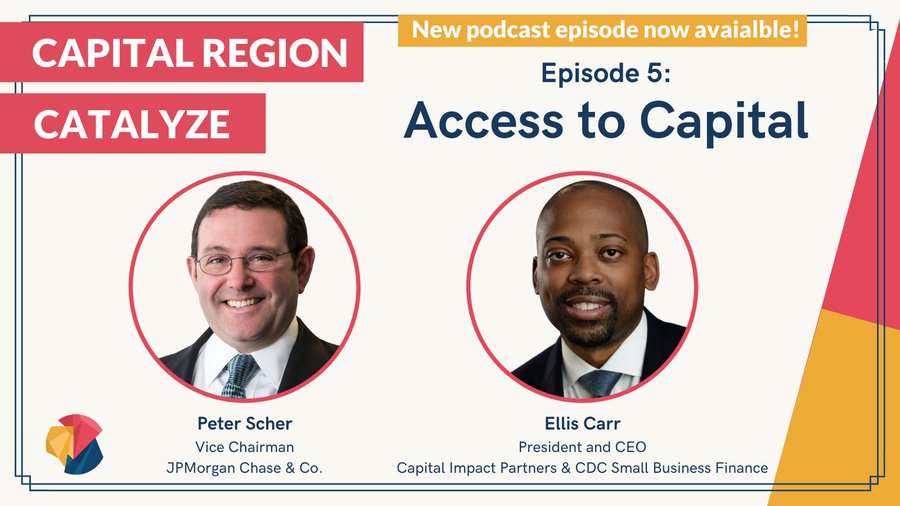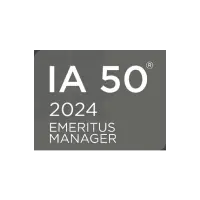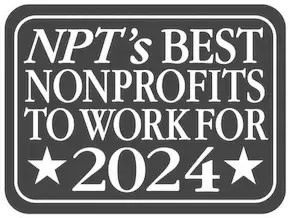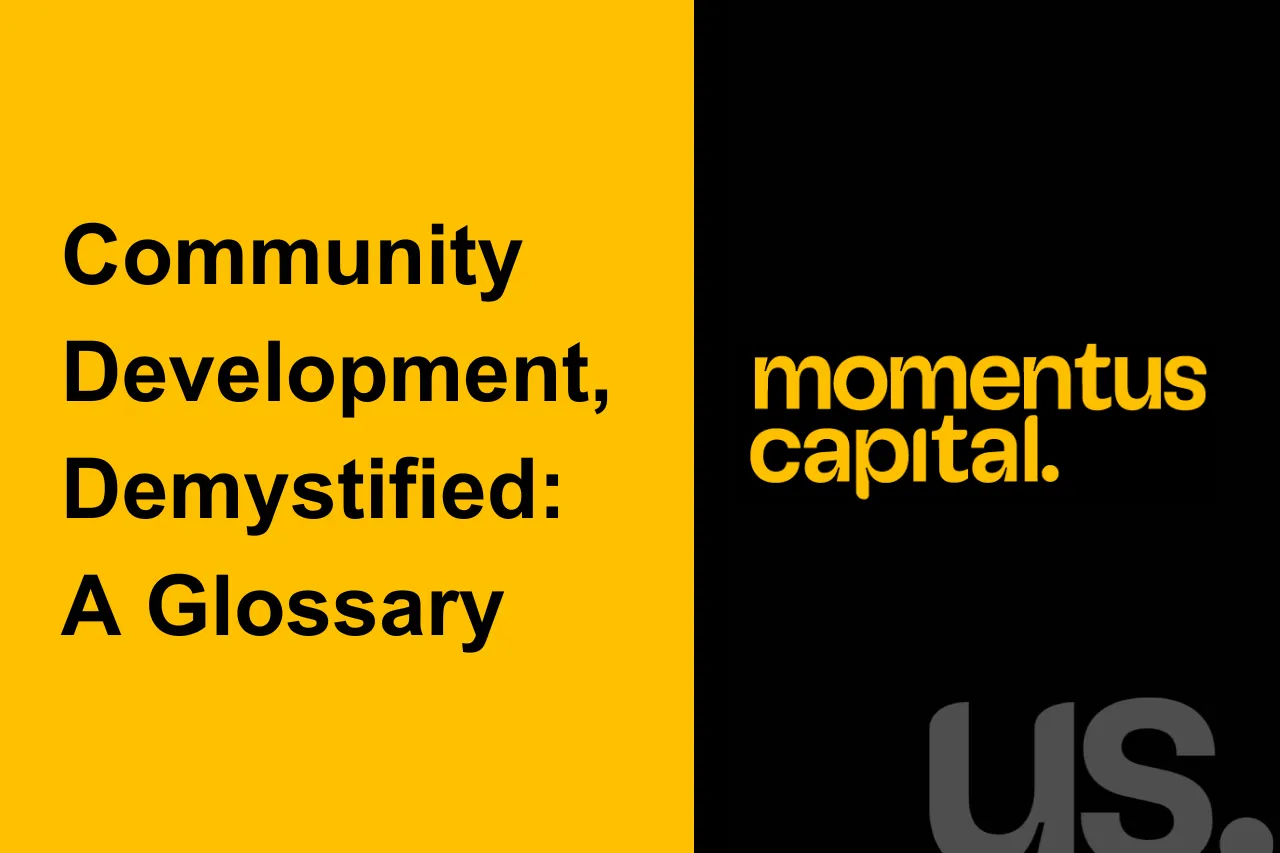
Community Development, Demystified: A Glossary
As a mission-driven developer, organization, or business looking into community development projects, you may be coming across language that might sound confusing and be challenging to understand. What is a CDFI? What is NMTC? What is LTV?
At the Momentus Capital branded family of organizations, we leverage the combined expertise of Capital Impact Partners, CDC Small Business Finance, Ventures Lending Technologies, and Momentus Securities to expand capital and opportunities for underestimated communities.
At Capital Impact Partners specifically, we offer flexible and affordable financing to a broad range of community development projects that deliver social impact, including community health centers, public charter schools, small businesses, cooperatives, healthy food retailers, affordable housing developments, and dignified aging facilities.
This glossary aims to demystify terms to help you navigate through our lending and programmatic services and offerings. Below you will find definitions of terms divided into the following thematic sections:

General
Community Development Financial Institutions (CDFIs)
Community Development Financial Institutions (CDFIs) are mission-driven private sector financial institutions that focus on serving people living with low incomes and people who have historically been locked out of the financial system. Their work entails providing lending for small businesses and community projects, affordable housing, and essential community services in the United States.
As a CDFI, Capital Impact Partners has delivered community facility financing, capacity-building programs, and impact investing opportunities to champion key issues of equity and social and economic justice since 1982.
Community Development
Community development activities tackle underestimated populations that do not have equitable access to affordable housing, health care, healthy food, and education, nor connections to capital, entrepreneurship, and quality jobs, to help them become stronger and more resilient.
At Capital Impact Partners, and together with the Momentus Capital branded family of organizations, we offer a continuum of capital products and services to transform how capital and investments flow into underestimated communities and drive community-led solutions that support economic mobility and wealth creation.
Lending Process
Capital Stack
Debt coverage ratio (DCR) is a measurement of a firm’s available cash flow to pay current debt obligations. While a DCR of 1.25 is the minimum requirement for most lenders, a higher number — such as 2 — shows lenders you are financially stable and can repay your debts. A higher DCR can also mean a potentially lower interest rate as lenders see you as less of a risk for defaulting on your loan.
Loan Term
The term of a loan is the period of time a borrower has to repay the loan. This choice affects their monthly principal and interest payment, their interest rate, and how much interest they will pay over the life of the loan.
Loan-to-Value (LTV)
The loan-to-value (LTV) ratio is a measure comparing the amount of one’s mortgage with the appraised value of the property. The more equity put into a loan transaction, the lower the LTV ratio.
Term Sheet
A term sheet is a nonbinding agreement that shows the basic terms and conditions of an investment. The term sheet serves as a template and basis for more detailed, legally binding documents. Once the parties involved reach an agreement on the details laid out in the term sheet, a binding agreement or contract that conforms to the term sheet details is drawn up.
Underwriting
Underwriting is the process of your lender verifying your income, assets, debt, credit, and property details to issue final approval on your loan application.
Loan Types
Predevelopment Loan
A predevelopment loan serves as a critical lifeline during the earliest stages of a development project. It specifically targets the upfront costs associated with project planning and preparation, enabling developers to refine their visions and align them with the needs and aspirations of the communities they aim to serve. This loan bridges the gap between concept and execution, ensuring a solid foundation for success.
Real Estate Acquisition Loan
A real estate acquisition loan is a type of loan that is used to purchase real estate. This type of loan is often used by community developers to acquire existing property or development land that they plan to preserve or redevelop for affordable housing, commercial development, or other community-benefit purposes.
Construction Loan
A construction loan is a short-term loan that propels your development project from the drawing board to a physical structure. It provides the necessary funding to cover the costs associated with building, renovating, or expanding community assets. Construction loans may also cover the costs of buying land, drafting plans, taking out permits and paying for labor and materials. Construction loans typically have higher interest rates than other types of loans because lenders are taking on more risk by financing the construction of a new property.
Business Acquisition Loan
A business acquisition loan is a financial instrument designed to provide funding for individuals or businesses to purchase an existing business. These loans are often sought by entrepreneurs looking to expand their business portfolio, individuals seeking to become business owners, or existing business owners interested in diversifying their operations by acquiring complementary businesses. In the case of community developers, the specific goal would be to further community development initiatives.
Loan Refinancing
A refinance refers to the process of revising and replacing the terms of an existing credit agreement. Borrowers usually choose to refinance a loan seeking to make favorable changes to their interest rate, payment schedules, or other terms outlined in their contract. If approved, the borrower gets a new contract that takes the place of the original agreement.
New Market Tax Credit (NMTC) Qualified Low-Income Community Investment (QLICI) Loan
Community development entities, such as Capital Impact Partners, use New Market Tax Credit (NMTC) allocations to provide subsidized financing for qualifying businesses or real estate projects. Projects must meet the federal definition of a Qualified Active Low-Income Community Business (QALICB) to be eligible for NMTC financing. QALICBs are businesses that are located in, or provide services to communities living with low incomes.
The capital that a community development entity provides to a qualifying project is known as a Qualified Low-Income Community Investment (QLICI) and it is a seven-year, interest-only loan.
Health Care
Integrated Care
Integrated care is a unique approach to health care that is characterized by close collaboration and communication between multiple doctors and healthcare professionals. In other words, it is a type of healthcare where all of your doctors work together to solve issues with your physical, mental, and behavioral health. At Capital Impact, we support the Integrated Care model because it improves the quality of care, promotes better health and lower costs while creating thousands of jobs, spurring economic development.
PACE (Program of All-inclusive Care for the Elderly)
The Program of All-Inclusive Care for the Elderly (PACE) provides comprehensive medical and social services to certain community-dwelling elderly individuals, most of whom are dually eligible for Medicare and Medicaid benefits.
Affordable Housing
Area Median Income (AMI)
Area Median Income is the income for the median household in a given region. If you were to line up each household from poorest to wealthiest, the household in the very middle would be considered the median.
Tenant Opportunity to Purchase Act (TOPA)
TOPA, or “Tenant Opportunity to Purchase Act”, is a type of anti-displacement housing policy that gives tenants options to have secure housing when the property they rent goes up for sale, while also preserving affordable housing.
Cooperatives
Food Co-ops
A food co-op is a grocery store that is totally independent and owned by the community members who shop there. An illustrative example is ChiFresh Kitchen, a food co-op owned by justice-involved Chicagoans, primarily Black women. ChiFresh won a Co-op Innovation Award and was not only able to continue its expansion, but also pivot to provide freshly cooked and culturally appropriate foods to those impacted by COVID-19.
Housing Co-ops
A housing co-op provides an alternative to the traditional methods of acquiring a primary residence. It is a type of residential housing option that is actually a corporation whereby the owners do not own their units outright. Instead, each resident is a shareholder in the corporation based in part on the relative size of the unit that they live in. Capital Impact Partners has helped ROC USA, a nonprofit that helps residents form cooperative corporations to purchase their manufactured home communities from private owners and manage their neighborhoods in perpetuity. They have gone on to become a powerhouse in this area, helping thousands of residents become homeowners and community stewards.
Worker Co-ops
Worker cooperatives are values-driven businesses that are owned and operated by their employees. Capital Impact has made a $1 million preferred equity investment in Obran Cooperative, a unique company that operates a number of worker-owned healthcare companies.
Worker Co-op Conversions
Worker co-op conversions – or employee ownership conversions – occur when businesses transition from a traditional ownership structure to employee ownership. Essentially, the business owner sells the business to the employees. These conversions (PDF) can drive company productivity while rewarding the people who are contributing to the company’s success, as well as helping to preserve the company’s mission and values.
In 2021, Capital Impact Partners financed the worker co-op conversion of Ward Lumber. This new cooperative is another example of the power of worker co-op conversion to maintain and increase wealth and stability within communities.



